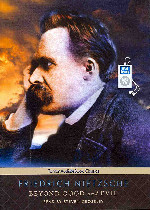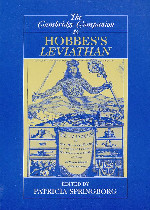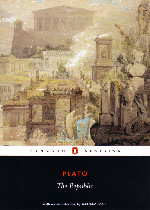
Twenty Years at Hull-House(赫尔大厦二十年) 立即阅读
While on a trip to East London in 1883, Jane Addams witnessed a distressing scene late one night: masses of poor people were bidding on rotten vegetables that were unsalable anywhere else. This scene haunted Addams for the next two years as she traveled through Europe, and she hoped to find a way to ease such suffering. Five years later, she visited Toynbee Hall, a London settlement house, and resolved to replicate the experiment in the U.S.

Jenseits von Gut und Böse(善恶的彼岸) 立即阅读
Jenseits von Gut und Böse. Vorspiel einer Philosophie der Zukunft ist ein Werk Friedrich Nietzsches, das im Jahr 1886 erschien und auf eine Kritik überkommener Moralvorstellungen zielt. Das Werk bildet den Übergang von Nietzsches mittlerer, eher dichterisch, positiv geprägten Schaffensperiode zu seinem von philosophischem Denken dominierten späteren Werk. Dies kommt auch im Untertitel des Werks „Vorspiel einer Philosophie der Zukunft“ zum Ausdruck.

Beyond Good and Evil(善恶的彼岸) 立即阅读
Beyond Good and Evil: Prelude to a Philosophy of the Future (German: Jenseits von Gut und Böse: Vorspiel einer Philosophie der Zukunft) is a book by philosopher Friedrich Nietzsche that expands the ideas of his previous work, Thus Spoke Zarathustra, with a more critical and polemical approach. It was first published in 1886. In Beyond Good and Evil, Nietzsche accuses past philosophers of lacking critical sense and blindly accepting dogmatic premises in their consideration of morality.

Leviathan or The Matter, Forme and Power of a Common-Wealth Ecclesiasticall and Civil—commonly referred to as Leviathan—is a book written by Thomas Hobbes (1588–1679) and published in 1651 (revised Latin edition 1668). Its name derives from the biblical Leviathan. The work concerns the structure of society and legitimate government, and is regarded as one of the earliest and most influential examples of social contract theory. Leviathan ranks as a classic western work on statecraft comparable to Machiavelli's The Prince.

The Republic (Greek: Πολιτεία, Politeia; Latin: Res Publica[1]) is a Socratic dialogue, written by Plato around 380 BC, concerning justice (δικαιοσύνη), the order and character of the just city-state and the just man. It is Plato's best-known work, and has proven to be one of the world's most influential works of philosophy and political theory, both intellectually and historically. In the book's dialogue, Socrates discusses the meaning of justice and whether or not the just man is happier than the unjust man with various Athenians and foreigners.